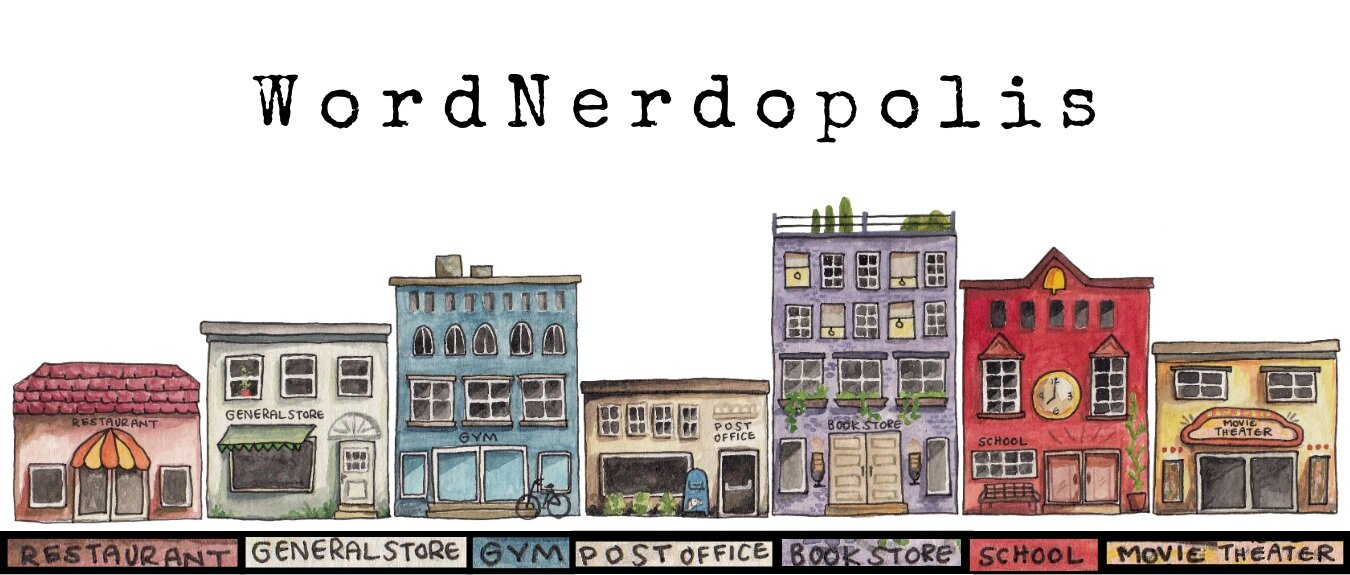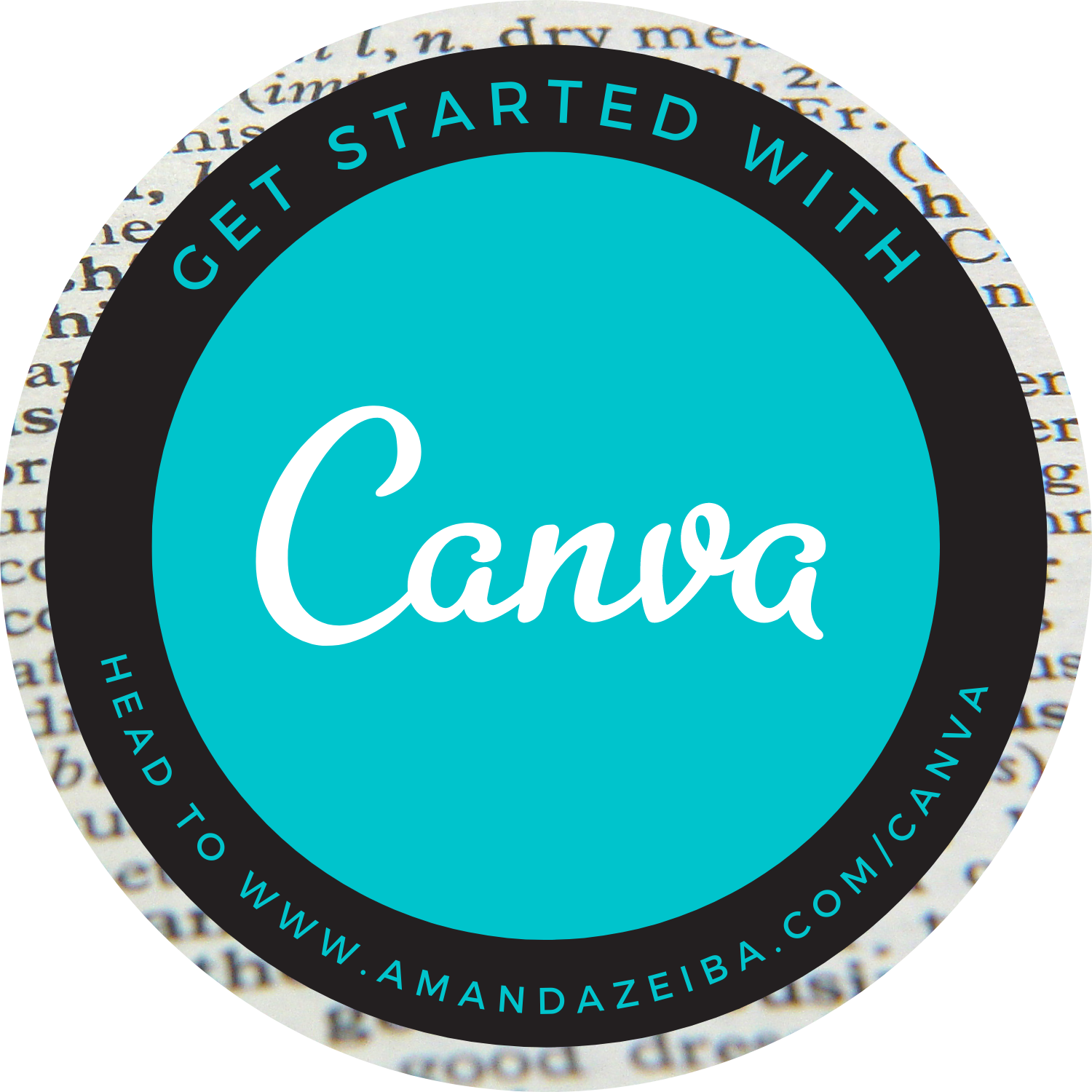From Screenplay to Novel and Back Again
I am excited for today’s guest post because it discusses topics I’ve never covered on my blog before. Fiction writing, self-publishing, authorpreneurship and spreading word nerd love are my general jam. We write what we know, right?!?!? James Churchill, possesses a wealth of writing knowledge in areas outside my expertise and in this post, he generously shares that wisdom about adapting novels and screenplays with us.
It is typical to post a writer’s bio at the end of the piece, but I think that knowing this writer’s background and experience ahead of time will lend so much credibility to his message, that I’m leading off with it, or rather, he is. James, thank you in advance for the lessons about to follow! I’m grateful our paths crossed and that you were kind enough to “visit” my blog!
Alright, James, take it away.
I've been involved in Feature Films and Television since 1994, and worked for companies such as Warner Bros, Paramount, 20th century Fox, Universal and Disney in various roles. I've also worked in the Music Industry and currently illustrate board games for clients all over the world. This meant that I got exactly what I wanted when it came time to create the cover for my book.
Over the years I got to read many film scripts and watch the shooting on set, while working alongside many well known actors, directors and producers from Jean Claude Van Damme to Billy Zane, and from David Nutter to Joel Silver.
In the late 1990's I began developing a number of full length feature film scripts of my own, and then in 2002 I came up with a bizarre idea for a 13 part television series titled "Cosmic Garage".
The premise was that Aliens had crash landed in the desert and had been rescued by an old man who ran a Gas Station on the infamous Highway 375, just outside of Rachel, Nevada. The creatures had salvaged parts from the ex-military machinery in the junkyard out back, to build themselves a hi-tech home in his garage. When his grandchildren come to stay for the school holidays, they soon discover his secret, and the fact that they are planning to transmit their TV Variety show to the Universe, hosted by the one and only Aria Supernova.
What follows is a series of crazy adventures with everything from junkyard bullies to constructing a Time Machine out of a 1971 Ranch Wagon. Visits from Men in Black and saving the world from a giant killer asteroid are just a few of the scenarios. It draws inspiration from cult classics like Red Dwarf, Banana Splits, Dr Who, My Science Project and Back to the Future, with pop culture references from the 70's and 80's, along with special guest performers from all genres.
The process of creating a novel from a script however is different from doing it the other way around. Film scripts have very little descriptive elements, as they mostly consist of cues in the form of interior or exterior, a brief block of text outlining the situation and the time of day. After that it's all dialogue, prescribed by the characters name, so you have very little of "he said, she said" going on.
Translating a book into a script is generally easier as you have so much to draw from. Lengthy visual descriptions and explanations to inform the reader of the intention or feeling that the writer is trying to convey. Take for instance Ready Player One. You can see entire blocks of descriptive text that have been deleted and replaced with a single line or visual element, as films just don't have the time to mess around. They need to get to the point quickly.
Novels however, and this is my point, require much more input.
When I sat down and decided to adapt Cosmic Garage, I was horrified. Once I had deleted all the headers and character titles, I was left with only 2500 words at most. That meant I needed to come up with at least another 25,000 words to say the same thing!
It took almost two years on and off to translate Cosmic Garage from a screenplay to a novel . One of the tricks I've learned over the years, which many of you probably already do, is the card method. I write down the arc of the plot as points on a series of cards and shuffle them around until they make sense within the story line. I then break each of those plot points down into its own chapter, and create a story arc within that chapter. That way I know that if a character needs to do a particular thing at a certain point in time which relies upon something else happening first, it needs to follow one of the golden rules of filmmaking. Continuity.
Continuity in film is vital. Everything from the length of a person's hair to the amount of dirt on their clothes is monitored and photographed, as films are rarely shot in sequence. Often the end of a film might be shot first, depending on location, availability of actors schedules, and other considerations.
The same goes with a novel or script.
Having a notebook with the overall plot, the chapter breakdown and then a description for what happens within each chapter should be a basic necessity. In that way I was able to take my mind off the daunting task of writing a whole book, and just focus on what happens in each chapter, which for me is about 8 pages, or 2000 words.
The way I write might be slightly different to how you might approach the process. I tend to create visual metaphors and lyrical phrases which are different each time. I spend a lot of time checking to see if I've repeated a statement, description or reaction.
It's important to me that the image that the reader interprets in their head is as close as possible to the intended situation. Therefore I go to great lengths to be creative in that description, using terms and words which are either complimentary or opposite, and more often than not they are either a metaphor or analogy to something they can relate to.
I also draw upon as many pop culture references as possible as it roots people into a specific genre, feeling or personal experience that can be greatly useful as a way to make them feel part of the story.
Of course in every film or book, the viewer or reader needs to identify with at least one of the characters. In that way, they can immerse themselves in the story and feel part of it. One other thing I like is surprise elements or singular statements, especially at the beginning of a chapter. Cosmic Garage begins with the statement:
Nevada. An endless sea of glistening sand, marked only by the ominous shadow of a bird of prey, circling high overhead.
In this short piece of text, we establish the location, the environment and the isolation of the location without messing around.
Lastly, be creative in the way your characters speak. Let it flow naturally, and instead of "said" there are hundreds of ways to describe their emotional state or situation with much more interesting terms. Of course, if it's obvious who's speaking, you don't need anything at all!
You can connect with James Churchill and see more of his work on ArtStation or via his author Facebook page.
If you liked this post, you might also enjoy…
Character Creation From Life to Scene Character Vision Boards and Mood
This post was made beautiful by Canva.
If you liked what you read on my blog today (or are in search of weekly word nerd goodness) and would like to have it delivered to your inbox every Wednesday morning, you can sign up HERE. If you are interested in any of my email lists (with free goodies/downloads!) click the audience that best describes you: Writer. Teacher. Reader. As always, feel free to share this post with others you think might be interested via email, Facebook or Pinterest.
Finally, affiliate marketing is promoting a product or service in return for a commission. When you purchase a product or service through one of my links, I earn a small part of the sale. There is NEVER any extra cost to you. If you looked up the same product on the same site through another source besides my website, the price will still be exactly the same. 100% of the time.
I also NEVER link to products or services that I don't 100% believe in. I will never tout a company or their goods if they are disreputable or if I don't believe them to be worthy of your hard-earned money. In no way are my affiliate links a scam. (Language borrowed with permission from Kristen Kieffer on Well-Storied.com)








